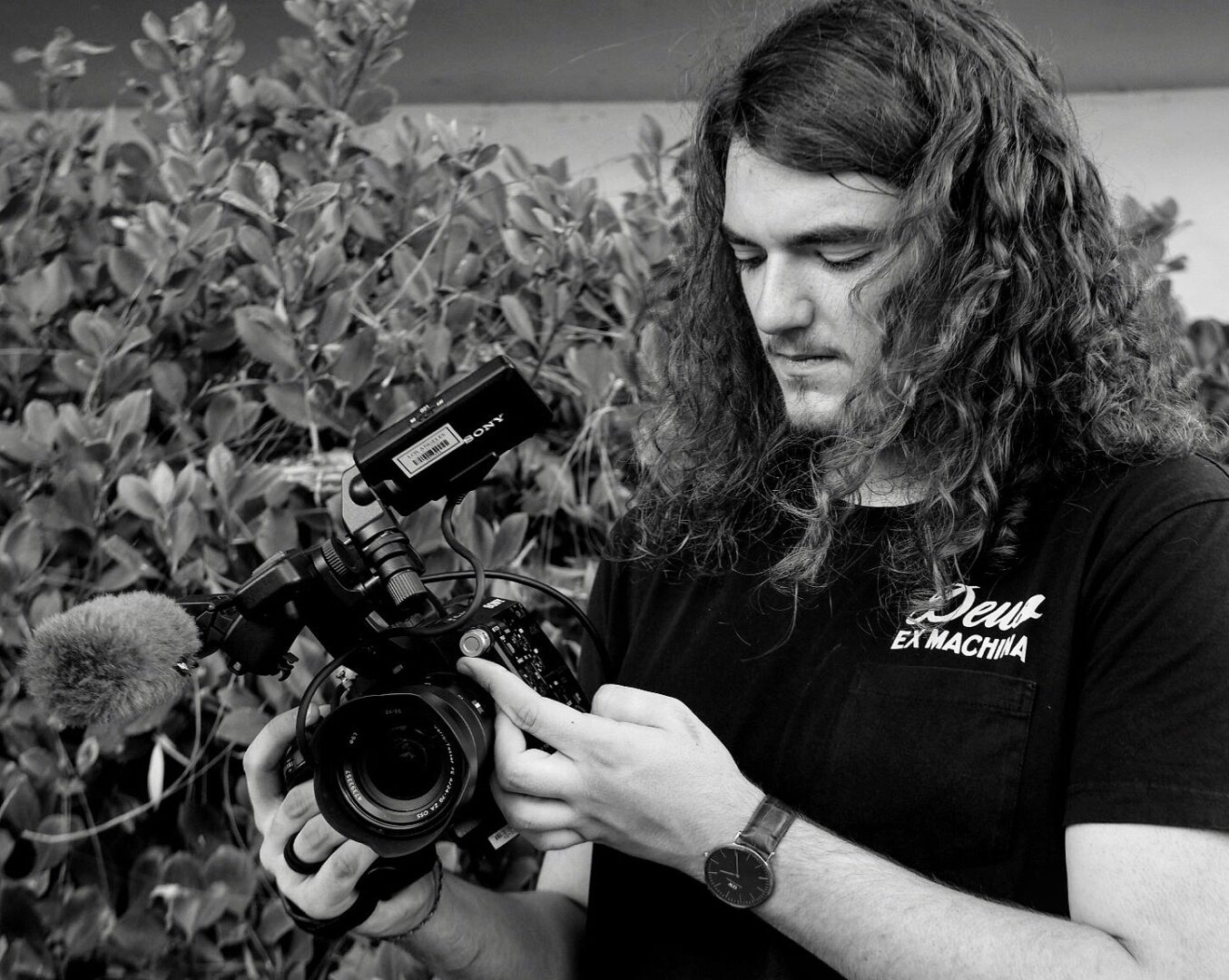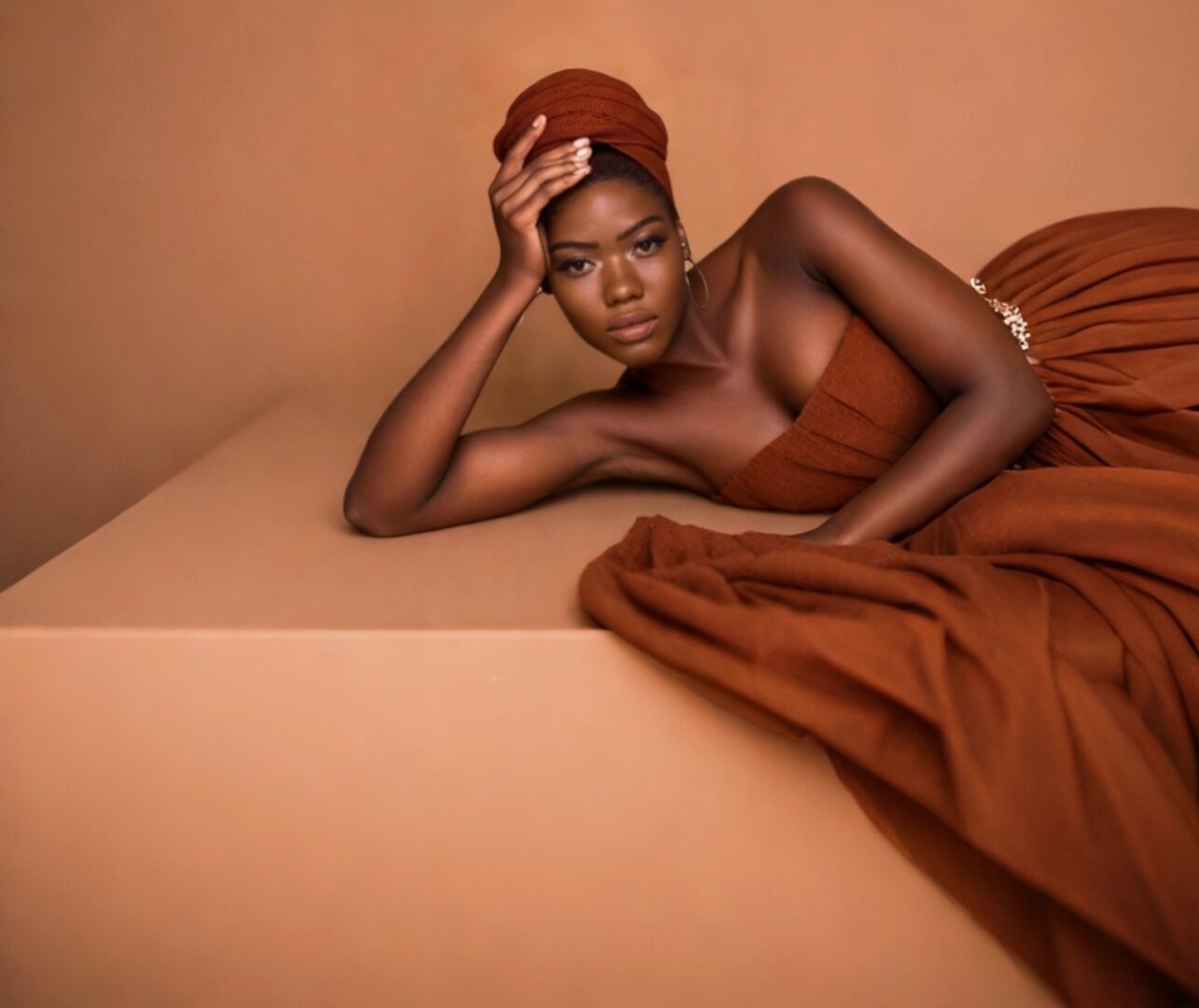We were lucky to catch up with Pau Sanchez Lao recently and have shared our conversation below.
Hi Pau, thank you so much for opening up with us about some important, but sometimes personal topics. One that really matters to us is overcoming Imposter Syndrome because we’ve seen how so many people are held back in life because of this and so we’d really appreciate hearing about how you overcame Imposter Syndrome.
I’m not sure I’ve fully overcome it—I don’t think many creatives really do. Honestly, I feel like unless you’re overconfident, narcissistic, or just not paying attention, you’ll face it at some point. What matters isn’t whether it shows up, but whether it stops you from creating.
When I was first starting out, I had no idea if I belonged. I doubted everything, especially when working with people who had more experience or louder voices. But over time, I started noticing something: I kept getting called back. I’d show up, do the job, and people would trust me with the next one. That started to shift the narrative in my head—not because I suddenly felt “great,” but because reality kept contradicting the doubt.
Imposter syndrome still comes up sometimes, especially when I’m trying something new. But now I can recognize it for what it is: just a voice. It doesn’t get to run the show. I let the work speak louder. And I try to remind myself that if I were truly an impostor, I probably wouldn’t be worrying about it at all.
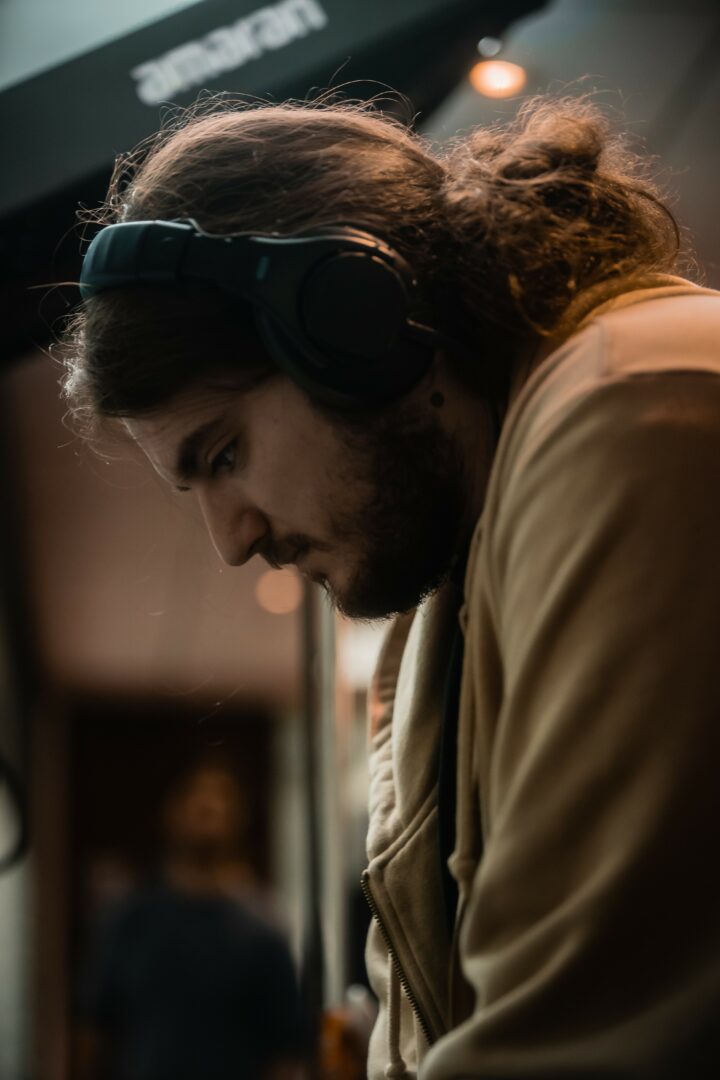
Thanks, so before we move on maybe you can share a bit more about yourself?
I was born in Barcelona, Spain, in a family where creativity was always part of daily life. From a young age, I was surrounded by cameras, art, music, and invention. My aunt is a photographer, my grandfather holds over a hundred patents, my uncle taught me guitar solos, and my home was a place where making things—visually, emotionally, practically—was normal.
When I was 14, I had a challenging period in my life, and that was when film became something more profound to me. Watching movies helped me process what I couldn’t yet express and helped me escape from my situation. My goal is to I’ll be able to help someone in the future the way amazing filmmakers helped me.
My first experience on a set was when we did a short film in high school. We had the luck of having a film class, and we went through the whole process: writing, pre-production, production, and editing. It was a great first introduction to the workflow, and it helped me gain experience early on.
Right now, I work in film and audio, and am studying 3D animation. My primary focus is Production Sound Mixing, and I do production sound mixing with people who need sound in Los Angeles. At the same time, I’m writing scripts and bouncing ideas with friends. I’m also expanding my skills in 3D animation, which I wish to use in the future to hopefully make video games.
Beyond that, music has always been part of how I think creatively. I play the guitar and piano, and I sing and compose, which influences how I approach sound and timing, whether in film, animation, or post-production.
If you had to pick three qualities that are most important to develop, which three would you say matter most?
As I look back, I see three factors that have shaped my journey: emotional awareness, technical curiosity, and collaborative thinking.
1. Emotional Awareness: Recognizing my feelings and those of others has been crucial in the creative process. Whether I am working on sound design, storytelling, or being present on set, understanding emotions helps me be more intuitive and less reactive.
2. Technical Curiosity: I don’t aim for perfection, but I enjoy understanding how things work, like sound equipment, animation tools, camera settings, and post-production. This curiosity has opened more doors for me than any job title could.
3. Collaborative Thinking: Working on set has taught me that creativity often involves teamwork. Skills like listening, adjusting to changes, and offering help without being asked are just as important as talent. I’ve learned a lot by being useful and respectful.
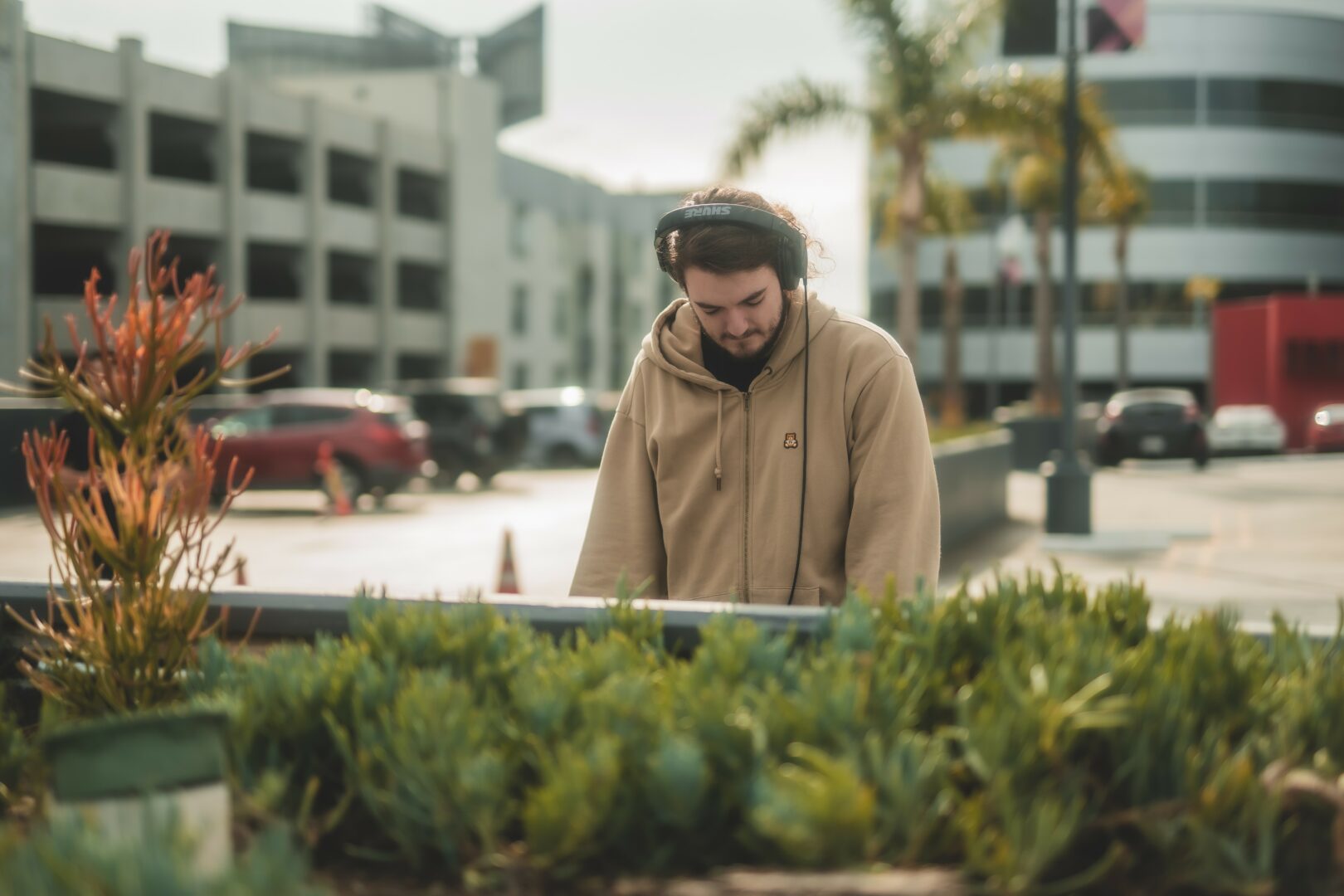
What would you advise – going all in on your strengths or investing on areas where you aren’t as strong to be more well-rounded?
Honestly, I don’t like choosing. I’ve never wanted to just be “the sound person,” or “the editor,” or “the director.” I love learning too much to stay in one lane. I get the value of mastering one thing, but for me, growth happens when I follow my curiosity.
Every skill I pick up ends up connecting to something else. Learning rhythm through editing made me better at mixing. Studying animation helped me understand timing in live action. Even experimenting with lighting gave me ideas for how sound can build mood. It’s all additive. Different tools, same creative feeling.
I treat each project as a chance to explore something new, even if I’m not great at it yet. That steady pace of learning keeps things exciting and keeps me evolving. I still take sound seriously—it’s where I started, and it’s made me reliable on set—but my heart’s set on directing. That’s the role where all the pieces come together. So while sound is my specialty right now, it’s not the whole picture.
So my advice? Stay curious. Try stuff. Let one skill lead to the next. The pieces always come together, and every step adds up to the finale.
Contact Info:
- Instagram: @pausalao
- Linkedin: https://www.linkedin.com/in/pau-sanchez-lao-bb82b0274/
- Other: IMDB: https://www.imdb.com/name/nm14237551/
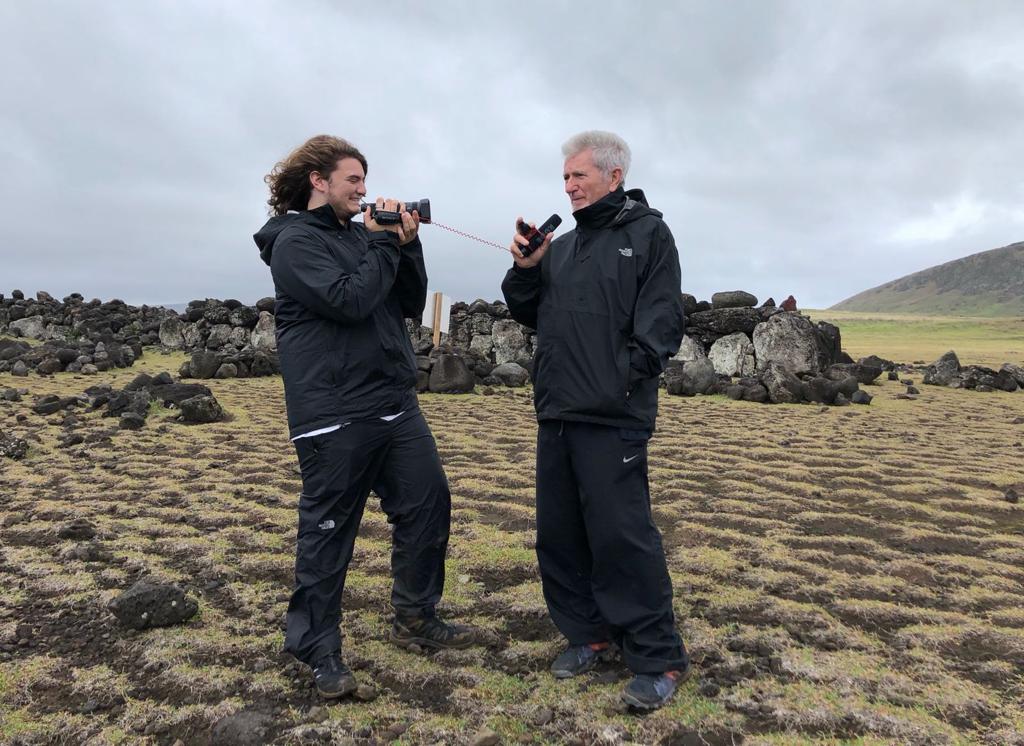
so if you or someone you know deserves recognition please let us know here.

